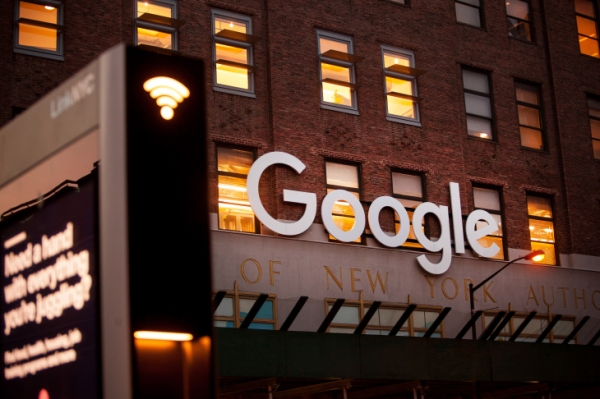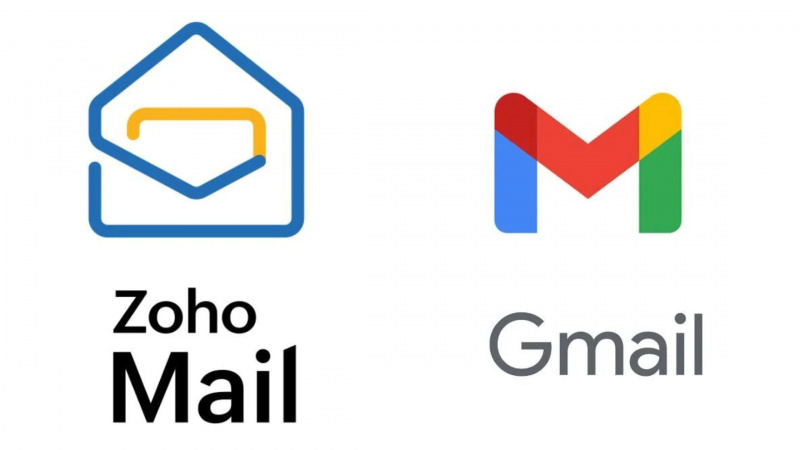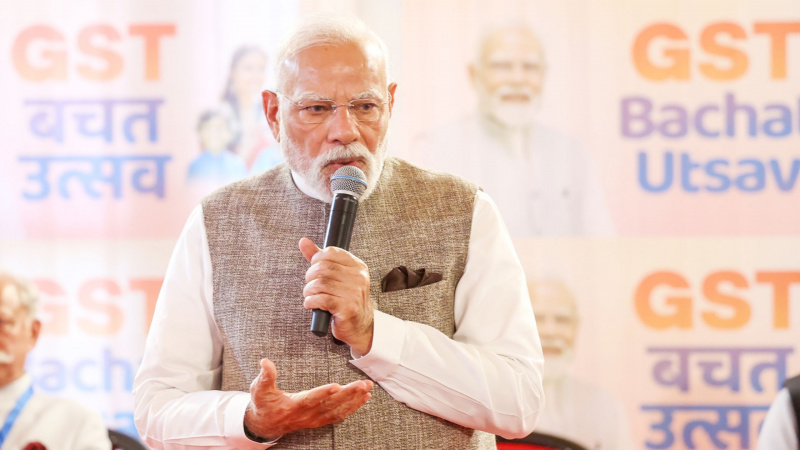Google launches new ad privacy features, tools
To provide detailed information on all the ads users see on the web, Google launched a new tool called Ads Transparency Spotlight, available as an alpha plugin
- by B2B Desk 2020-08-05 07:27:11
New Delhi: To allow more transparency and give users better control over the ads they see online, Google has launched a new feature called "About This Ad" that will appear in all ads, including political ads ones on its platforms.
This feature will show users the name of the verified advertiser behind each ad and will initially be available to display ads purchased through Google Ads and Display & Video 360. It is expected to spread to other ad surfaces throughout the year 2021.
The launch is in addition to an existing feature called Why This Ad, where users can learn more about some of the factors that were used to determine the ad through code in a digital ad or choose to stop viewing this announcement. This feature, which Google claims have seen more than 15 million user interactions per day, has also been extended to ads on connected TVs.

To provide detailed information on all the ads users see on the web, Google launched a new tool called Ads Transparency Spotlight, available as an alpha plugin in the Chrome Web Store.
Mike Schulman, vice president of privacy and advertising security for Google, said: "We will continue to improve this add-on based on user feedback, and we hope that over time we will provide additional advertising disclosures as well as entry controls."
In addition to user-focused initiatives, Google has said it is also working to develop an ad-supported Internet model that provides an advertiser-free environment and better data privacy for users.
Announced the launch of the Sandbox Open Standards Initiative, under which Chrome will find ways to redirect developers to support digital ads. Various proposals have been released for new APIs that can solve use cases such as ad selection, conversion measurement, and fraud protection in a way that does not reveal individual user identification information. Google has said that one of the proposed APIs, regarding trust tokens that can combat ad fraud by distinguishing between robots and real users, is now available for developers to test.
"Once these approaches have addressed the needs of our users, publishers, and advertisers, Chrome plans to remove support for third-party cookies," added Schulman.
Google has said it supports the use of proprietary data from advertisers and publishers (based on direct interactions with related customers) to deliver better ads and strongly opposes any confidential way of tracking users with their data.
Unny Radhakrishnan, CEO of Digitas India, a digital agency owned by Publicis Groupe, said that although Google offers many privacy settings, the number of users who realize this and use it will be limited. According to him, the impact of the absence of third-party cookies on the digital marketing ecosystem has not yet been verified.
"There is a complete" cookie economy "that works with shoddy tactics like" cookie bombing "or" referral fraud. "Many of these will stop working permanently. Obtaining as much personal identification data as possible will become a priority for sellers, "he added. Dollar advertising, Google's marketing platform, with access to publishers and advertisers, will be strengthened. "
Also Read: Flipkart launches 90-minute delivery service
POPULAR POSTS
The Agentic Revolution: Why Salesforce Is Betting Its Future on AI Agents
by Shan, 2025-11-05 10:29:23
OpenAI Offers ChatGPT Go Free in India: What’s Behind This Big AI Giveaway?
by Shan, 2025-10-28 12:19:11
Zoho Products: Complete List, Launch Years, and What Each One Does
by Shan, 2025-10-13 12:11:43
Arattai vs WhatsApp: Which Messaging App Should You Choose in 2025?
by Shan, 2025-10-10 11:55:06
Top Buy Now Pay Later (BNPL) Apps for Easy Shopping in 2025
by Shan, 2025-09-22 10:56:23
iPhone 17 Sale in India Begins: Full Price List, Launch Offers and Store Availability
by Shan, 2025-09-19 12:00:45
Apple September 2025 Event Recap: iPhone 17, iPhone Air, Apple Watch Series 11, and India Pricing Revealed
by Shan, 2025-09-10 09:55:45
RECENTLY PUBLISHED

Loan EMIs to Drop as RBI Slashes Repo Rate - Full MPC December 2025 Highlights
- by Shan, 2025-12-05 11:49:44

Pine Labs IPO 2025: Listing Date, Grey Market Premium, and Expert Outlook
- by Shan, 2025-11-05 09:57:07

Top 10 Insurance Companies in India 2026: Life, Health, and General Insurance Leaders Explained
- by Shan, 2025-10-30 10:06:42

Best Silver Investment Platforms for 2025: From CFDs to Digital Vaults Explained
- by Shan, 2025-10-23 12:22:46

Zoho Mail vs Gmail (2025): Which Email Platform Is Best for Businesses, Startups, and Students?
- by Shan, 2025-10-09 12:17:26

PM Modi Launches GST Bachat Utsav: Lower Taxes, More Savings for Every Indian Household
- by Shan, 2025-09-24 12:20:59




 Subscribe now
Subscribe now 